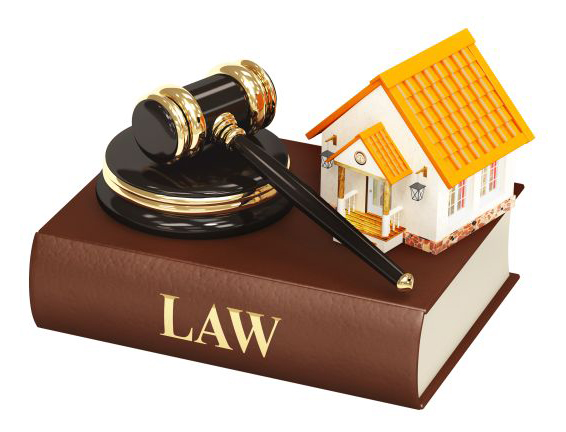Real Estate & Property Law

Real estate
- is "property consisting of land and the buildings on it, along with its natural resources such as crops, minerals, or water; immovable property of this nature; an interest vested in this (also) an item of real property; (more generally) buildings or housing in general. Also: the business of real estate; the profession of buying, selling, or renting land, buildings or housing." It is a legal term used in jurisdictions such as the United States, United Kingdom, Canada, India, Australia, and New Zealand.
Property Law
- is the area of law that governs the various forms of ownership and tenancy in real property (land as distinct from personal or movable possessions) and in personal property, within the common law legal system. In the civil law system, there is a division between movable and immovable property. Movable property roughly corresponds to personal property, while immovable property corresponds to real estate or real property, and the associated rights and obligations thereon.

The word property, in everyday usage, refers to an object (or objects) owned by a person — a car, a book, or a cellphone — and the relationship the person has to it. In law, the concept acquires a more nuanced rendering. Factors to consider include the nature of the object, the relationship between the person and the object, the relationship between a number of people in relation to the object, and how the object is regarded within the prevailing political system. Most broadly and concisely, property in the legal sense refers to the rights of people in or over certain objects or things.
The concept, idea or philosophy of property underlies all property law. In some jurisdictions, historically all property was owned by the monarch and it devolved through feudal land tenure or other feudal systems of loyalty and fealty.
Though the Napoleonic code was among the first government acts of modern times to introduce the notion of absolute ownership into statute, protection of personal property rights was present in medieval Islamic law and jurisprudence, and in more feudalist forms in the common law courts of medieval and early modern England.